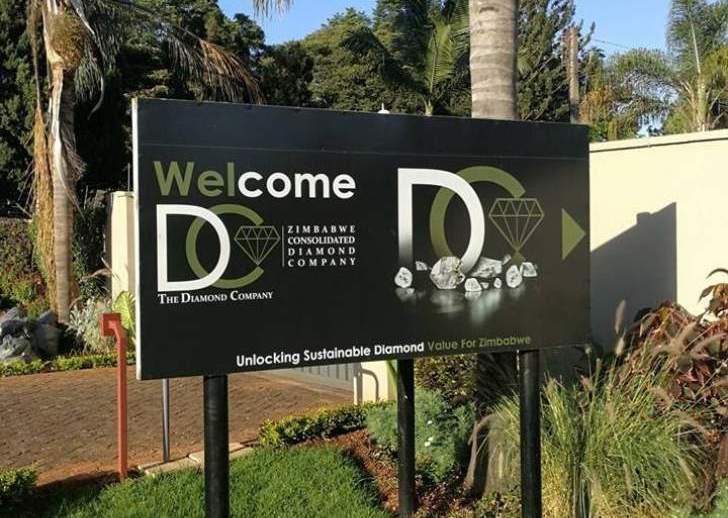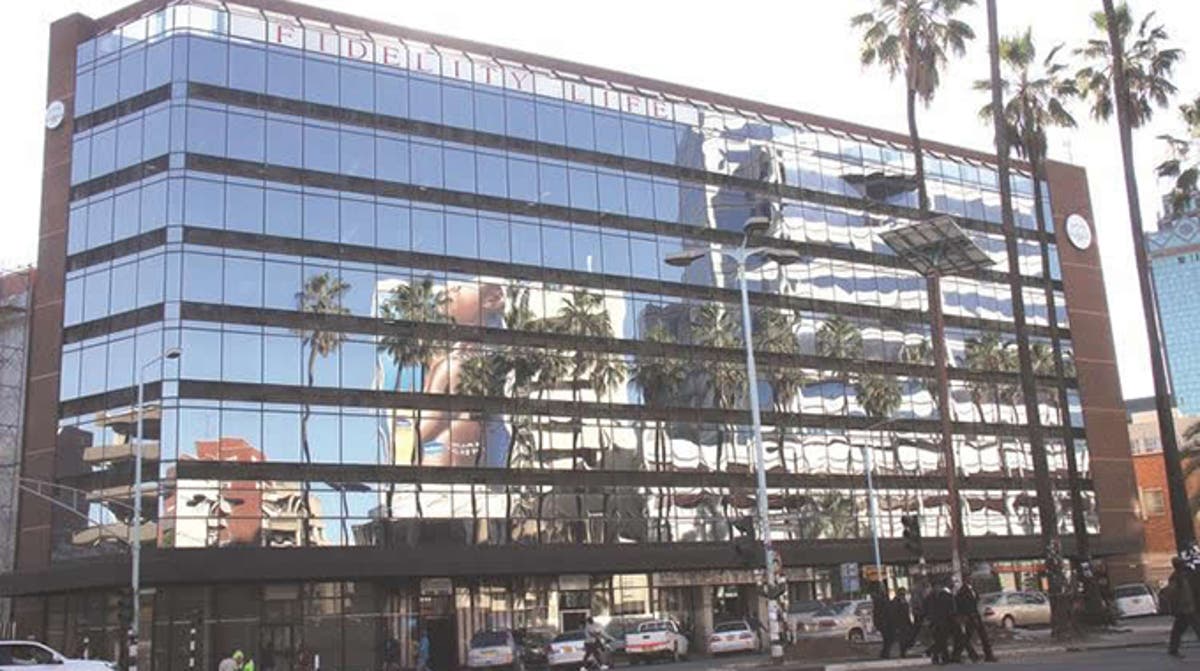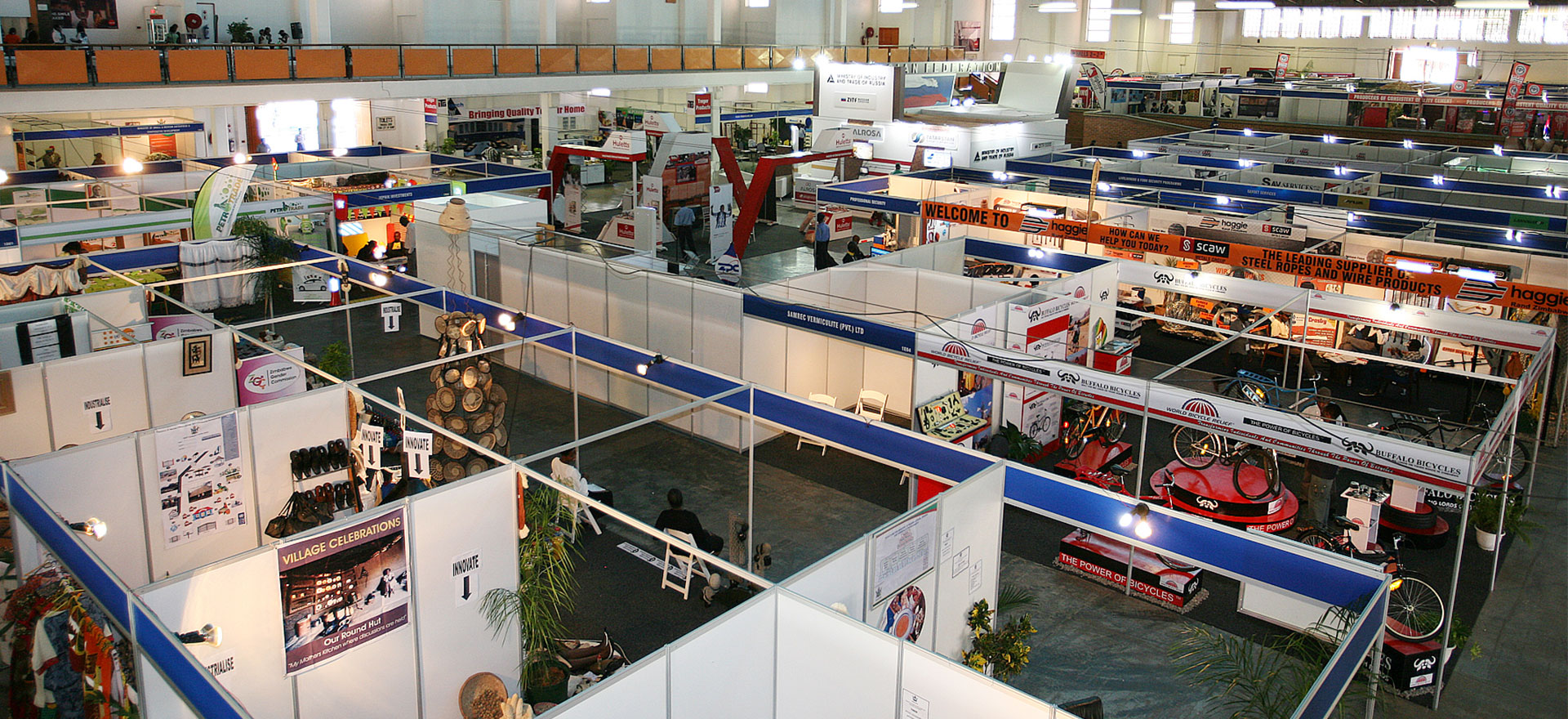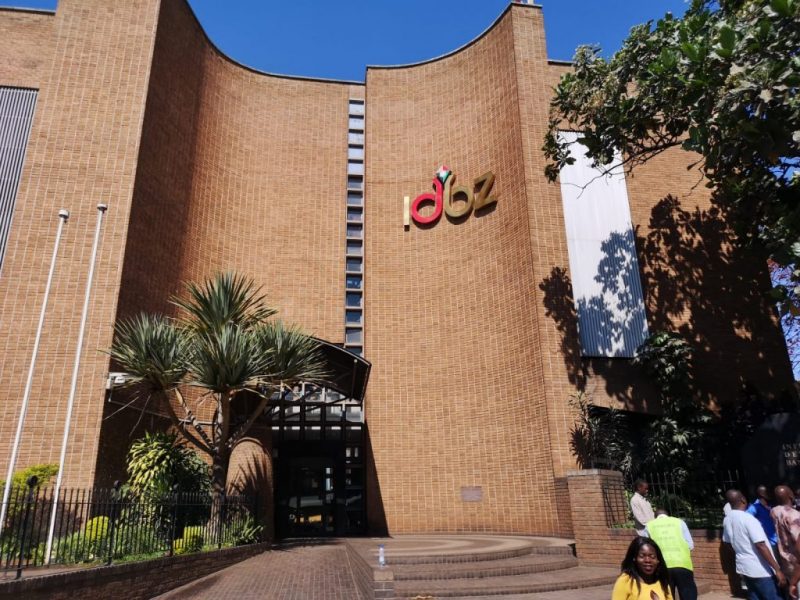Govt reaffirms commitment to protect industry
THE Ministry of Industry and Commerce has reaffirmed its commitment to continue developing policies that promote industrial development and improve consumer welfare, key to a more conducive environment for sustained business growth.
This development comes as the ministry is also implementing President Mnangagwa’s directive to enhance the ease of doing business to ensure competitiveness and drive sustainable economic growth.
In his keynote address at the Doing Business in Matabeleland breakfast meeting in Bulawayo on Thursday, Industry and Commerce Minister Mangaliso Ndlovu said that to protect the local industry, the country will no longer be a dumping site.
“We are strengthening our reserve sectors. People will think we are being unfair to our foreign friends, but we aspire to see Zimbabweans creating employment for Zimbabweans. We aspire to see foreigners getting employment from Zimbabweans,” he said.
“The Government is resolutely committed to intensifying the fight against smuggling and business malpractices. This is done to protect our vital local industries, create a level playing field for fair competition and ensure consumer protection.”
He said the taskforce on smuggling and business malpractices has registered significant progress across all provinces.
As of today, inspections stand at 1 907, prosecutions at 137, compliance notices at 247, and 3 987 units of products have been seized.
The minister said they have now witnessed improvements in sales and shelf occupancy of locally produced goods due to these efforts.
He added: “Together, we can build a stronger, more resilient and ultimately more prosperous industrial and commercial sector for Zimbabwe, and specifically for this vital Matabeleland region.”
Minister Ndlovu said the launch of the Zimbabwe Industrial Reconstruction and Growth Plan (ZIRGP) for the period 2024 to 2025 came about to align the new iteration of the Industrial Development Policy with the upcoming National Development Strategy 2 (NDS2) (2026-2030).
He said the ZIRGP was premised on four pillars: commerce issues supporting industrialisation, measures to promote the growth of the manufacturing sector, implementation, monitoring and evaluation, as well as crafting the Zimbabwe National Industrial Development Policy 2 (ZNIDP) (2026-2030).
In terms of consumer protection, the minister said they were enforcing consumer protection legislation while also safeguarding against the detrimental effects of smuggled, counterfeit and substandard goods.
Meanwhile, he called on local businesses in the Matabeleland region to take centre stage at the Zimbabwe International Trade Fair (ZITF) 2025 and lead in showcasing their products and services.
“This year’s theme: “Industrialisation: Crafting an Integrated Landscape” underscores the critical role of industrialisation in driving Zimbabwe’s economic growth, showcasing the country’s economic potential, investment incentives and strategic location within SADC, COMESA and the African Continental Free Trade Area (AfCFTA),” he said.
“ZITF is a unique and powerful platform to showcase the remarkable strengths of Zimbabwe’s industrial capabilities. Government is fully dedicated to ensuring that this year’s edition is inclusive and impactful.”
In a speech read on her behalf by Mrs Boetsoarelo Noko, Director of Provincial Coordination in the office of the Minister of State for Bulawayo Provincial Affairs and Devolution, Cde Judith Ncube said the city’s re-industrialisation focus was gathering momentum in line with Vision 2030.
She said the event came at a time when the city was preparing for the ZITF 2025, calling for all sectors’ full participation as the trade fair will showcase Zimbabwe’s economic potential and attract international exhibitors and investors.
The event was hosted by CZI in partnership with the Ministry of Industry and Commerce and the Zimbabwe National Chamber of Commerce (ZNCC).
The cross-sector conversation aimed to highlight industrial growth in Matabeleland, while serving as a public-private engagement on regional industrial development focused on leather, textile, steel and fast-moving consumer goods (FMCG).-herald









